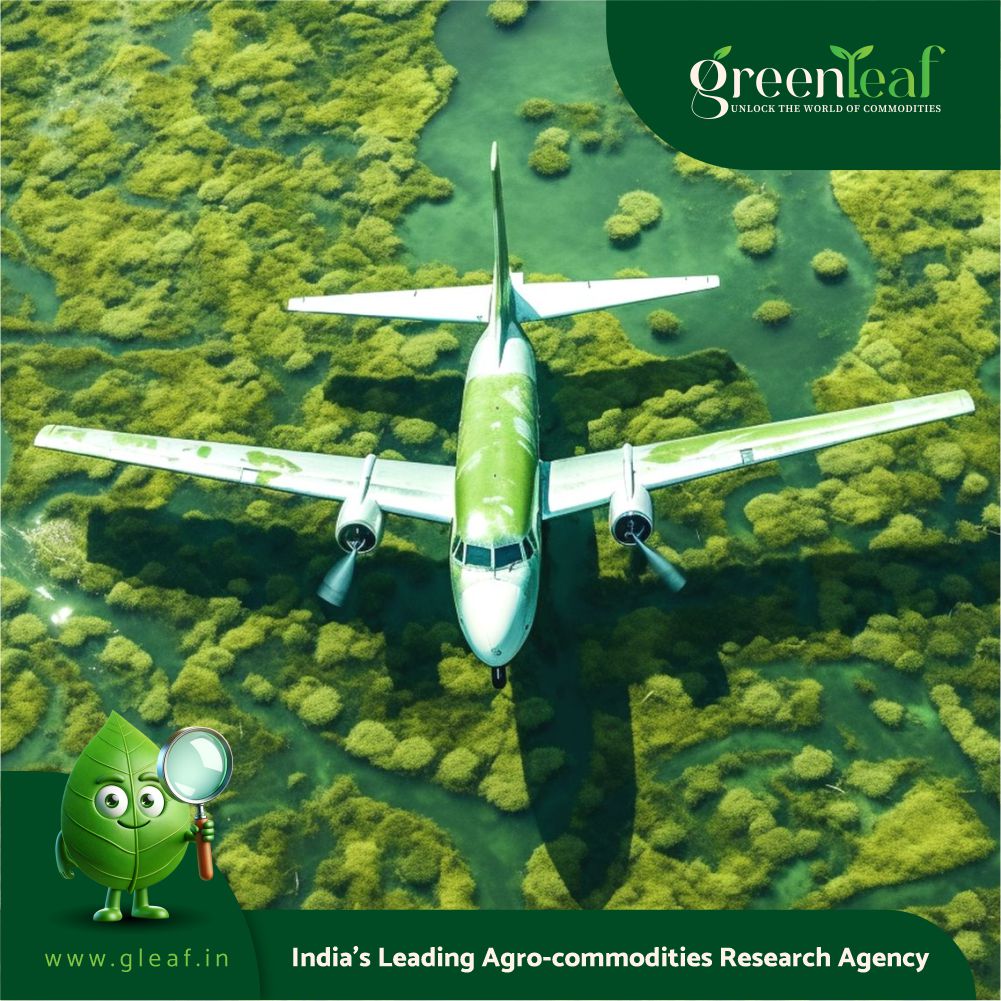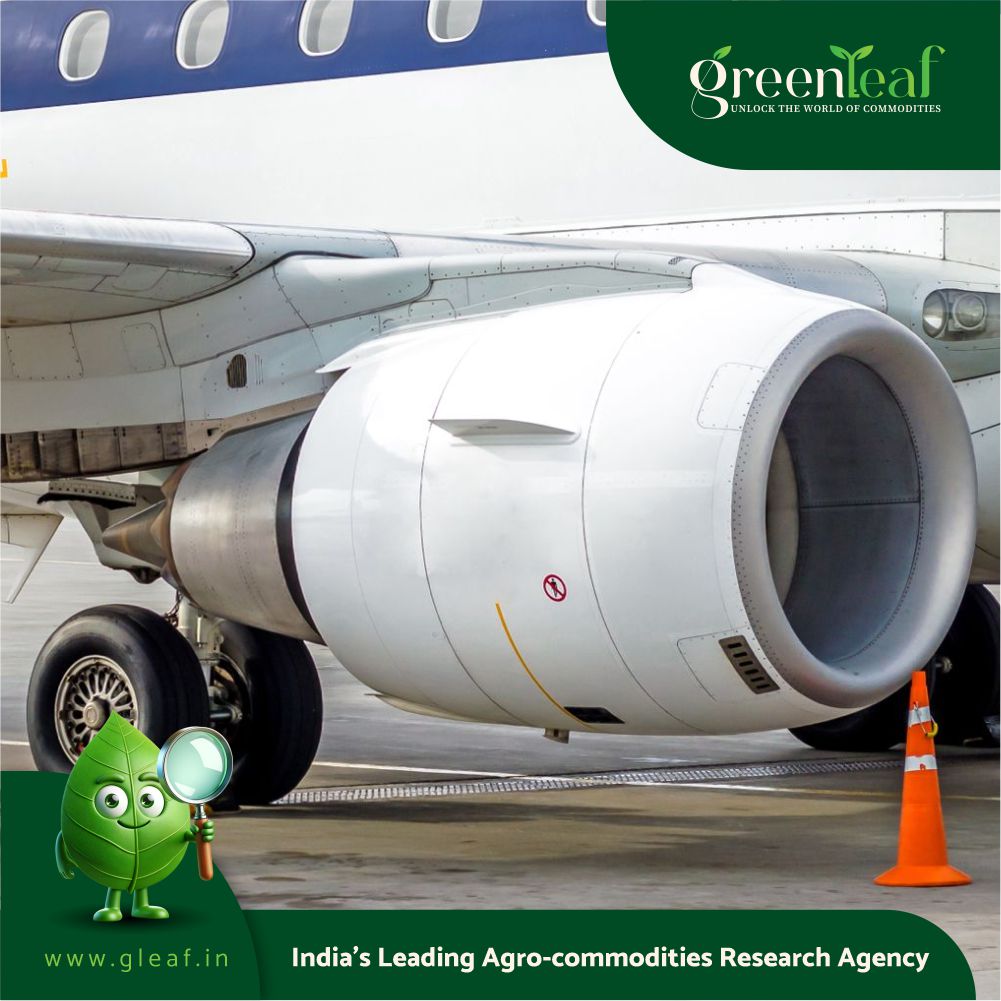Now British Airways joins EcoCeres in a strategic move to accelerate the transition toward sustainable air travel by securing a long-term supply of Sustainable Aviation Fuel (SAF). This partnership reflects British Airways’ commitment to reducing its carbon footprint and achieving its goal of powering 10% of its flights with SAF by 2030. By teaming up with Hong Kong-based EcoCeres, which operates an advanced SAF production facility in Jiangsu, China, the airline is reinforcing its global sustainability strategy and supporting innovation in cleaner aviation fuels that significantly cut emissions compared to traditional jet fuel.
British Airways Signs Landmark Sustainable Aviation Fuel Deal with EcoCeres to Slash Emissions by 400,000 Tonnes
British Airways (BA) has taken a major step toward its climate goals by entering a significant new partnership with alternative aviation fuel pioneer EcoCeres. This long-term agreement marks a strategic push by the UK’s flag carrier to dramatically reduce carbon emissions from its operations by ramping up the use of Sustainable Aviation Fuel (SAF).
Under this newly signed multi-year agreement, Hong Kong-based EcoCeres will supply British Airways with SAF sourced from its advanced production facility in Jiangsu, China. The airline aims to use the fuel to help meet its ambitious target of powering at least 10% of its flights with sustainable fuel by 2030 — a move that reflects growing momentum in the aviation sector to transition toward cleaner energy sources.
A Bold Step Towards Cleaner Skies
Sustainable Aviation Fuel is made from non-fossil sources such as waste oils, agricultural residues, and non-edible biomass. Unlike conventional jet fuel, SAF has the potential to reduce lifecycle carbon emissions by up to 80%, depending on the feedstock and production methods used. British Airways’ deal with EcoCeres is expected to cut emissions by approximately 400,000 metric tonnes, based on the lifecycle of the SAF when compared to traditional fossil-based jet fuel.
To put that into perspective, the emissions saved through this supply deal are equivalent to the carbon produced by 240,000 roundtrip economy passengers flying between London and New York — a staggering figure that underscores the potential of SAF in supporting aviation’s sustainability goals.
EcoCeres: A Key Partner in Asia’s Green Aviation Push
EcoCeres, headquartered in Hong Kong, is at the forefront of renewable fuel innovation in Asia. The company specializes in converting waste-based biomass into high-value biofuels, including SAF. Its Jiangsu facility is equipped with cutting-edge technology designed for large-scale SAF production that meets international safety and quality standards.
The partnership with British Airways elevates EcoCeres’ profile as a reliable SAF supplier to leading global carriers. The company expressed its commitment to supporting the airline’s journey to net-zero carbon emissions through scalable, low-carbon fuel solutions.
In an official statement, EcoCeres emphasized the significance of the agreement as a milestone in expanding the global SAF supply chain and strengthening international cooperation in tackling climate change.
BA’s SAF Commitment: Beyond a Single Partnership
British Airways’ collaboration with EcoCeres is part of a broader strategy by its parent company, International Airlines Group (IAG), which has pledged to invest $865 million in sustainable aviation fuels over the next decade. The airline has also partnered with other SAF producers including LanzaJet, which is developing facilities in the UK and the US.
LanzaJet’s Freedom Pines Fuels facility in Georgia, USA, is considered a breakthrough project, and British Airways is backing a similar initiative in the UK. These ventures aim to produce SAF at commercial scale using ethanol derived from agricultural waste and other renewable sources.
By expanding its SAF supplier network to include Asia-based producers like EcoCeres, British Airways is not only diversifying its energy mix but also helping to accelerate global SAF production capacity — a critical factor in driving down costs and making the fuel more accessible across the industry.
Why SAF Matters for Aviation’s Climate Strategy
The aviation sector contributes approximately 2-3% of global CO₂ emissions, and that share is expected to rise without meaningful decarbonization. With limited near-term options for electrification or hydrogen-based propulsion in long-haul flights, SAF is widely regarded as the most viable solution available today to lower the environmental impact of flying.
However, SAF currently represents less than 0.1% of global jet fuel consumption, primarily due to high production costs and limited infrastructure. Deals like the one between British Airways and EcoCeres are crucial in signaling long-term demand, encouraging investment in new refineries, and prompting governments to establish favorable policy frameworks.
Scaling Production and Encouraging Adoption
One of the key obstacles in scaling SAF usage is supply. While technological readiness has improved, producers still face challenges in scaling feedstock collection, refining capacity, and certification processes. British Airways’ commitment to working with multiple SAF developers shows a clear strategy of reducing risk and ensuring future availability.
As demand for air travel continues to rebound, the pressure on airlines to deliver emissions reductions without compromising capacity or network reach has intensified. By securing long-term SAF agreements now, British Airways is not only preparing for regulatory changes and potential fuel mandates, but also positioning itself as a leader in sustainable aviation.
A Model for Global Carriers
British Airways’ SAF partnership with EcoCeres sets a strong example for other international carriers looking to deepen their environmental commitments. While government policies like the UK’s “Jet Zero” strategy are pushing for a net-zero aviation sector by 2050, the onus still falls heavily on individual airlines to invest in innovation and seek out credible partners.
This deal may also have a ripple effect across Asia and Europe, encouraging more cross-border collaborations in renewable aviation fuels. Given the scale of emissions involved, the transition to SAF must be global, and partnerships like BA-EcoCeres highlight how cooperation across continents can yield tangible climate benefits.
Conclusion
British Airways’ latest move to secure Sustainable Aviation Fuel from EcoCeres represents more than just a supply agreement — it’s a clear commitment to a lower-carbon future for air travel. With emissions reductions comparable to removing tens of thousands of transatlantic flights’ worth of carbon, the deal not only boosts BA’s sustainability credentials but also reinforces the role of SAF as a cornerstone in aviation’s decarbonization roadmap.
Now British Airways joins EcoCeres to secure a reliable supply of Sustainable Aviation Fuel, reinforcing its commitment to greener travel and its goal of cutting emissions across global operations. The partnership supports BA’s target to use 10% SAF by 2030 and advances its net-zero ambitions.
By leveraging innovation, global partnerships, and long-term investment, British Airways is charting a cleaner course — one that many in the aviation world may soon be compelled to follow.















